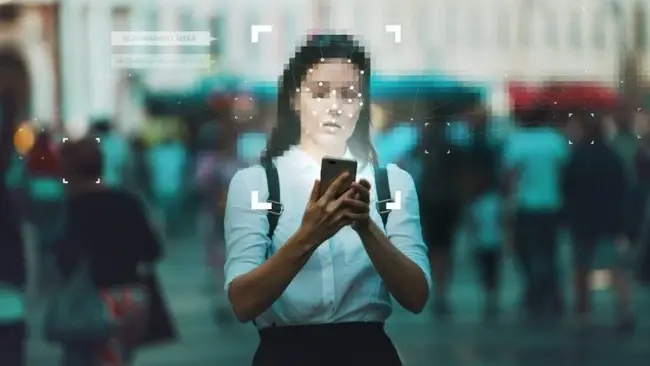Since the 1960s, passwords have been a classic measure for protection. However, six decades have passed since their advent, and the modern computer environment has outgrown standard password protection. Now, organisations and people alike need a new approach, particularly in light of the minefield of a threat landscape we have today. However, passwords have not single-handedly made themselves redundant. Unfortunately, poor password hygiene has given passwords the reputation of a 'weak link' in cybersecurity. Of course, people are to blame for this one. Clearly, old habits die hard; despite password strength indicators, people can't seem to stop making their password 'password'. Adding further insult to injury is that people have a tendency to reuse the same password across different websites. In turn, the new way forward must also eliminate a reasonable amount of autonomy. You can't rely on everyone to practice better password hygiene, so instead, you must remove the potential for negligence.

Bring in biometrics
If it's good enough for a sci fi film, it's good enough for us. Time and time again, Hollywood has shown biometrics as a fixture of a futuristic action movie. However, biometrics are very much a reality now, quite literally at our fingertips. Many mobile phones today just need a thumb to unlock them. Unless you share the exact thumbprint as another, the contents of your mobile are pretty much safe. Not only that, but recognition is also part and parcel of mobile phone security now. This is because biometrics make great, personalised barriers unique to the user. However, it's one thing when people take their privacy and security into their own hands, or mobiles. It's another when an organisation has to blanket the security of their staff. Thus, organisations must carefully consider where and how to use biometrics within their security. In particular, businesses who embrace a bring-your-own-device culture must ensure all devices exercise or thumb recognition. This is especially the case if employees carry out transactions on said devices. No security solution can stop your employees losing their phones, nor can it stop thieves stealing them, but it can stop what people can do with them if they find it. Not only that, but the more layers of cybersecurity you have, the better. Password-only authentication, as time has told, is no longer effective. Biometrics provide another level of security that you can trust and rely on. This doesn't just apply to devices; businesses can also improve on-premise security through use of biometrics rather than door codes. Then of course, there is the added bonus that biometrics are far more convenient in that they are quicker and don't come with the difficulties that forgetting your password does. With password resets being one of the main hassles associated with traditional security, biometrics provides a new way to stay secure without the baggage.
Next, find out what to expect at ISE 2020!







Comments ( 0 )